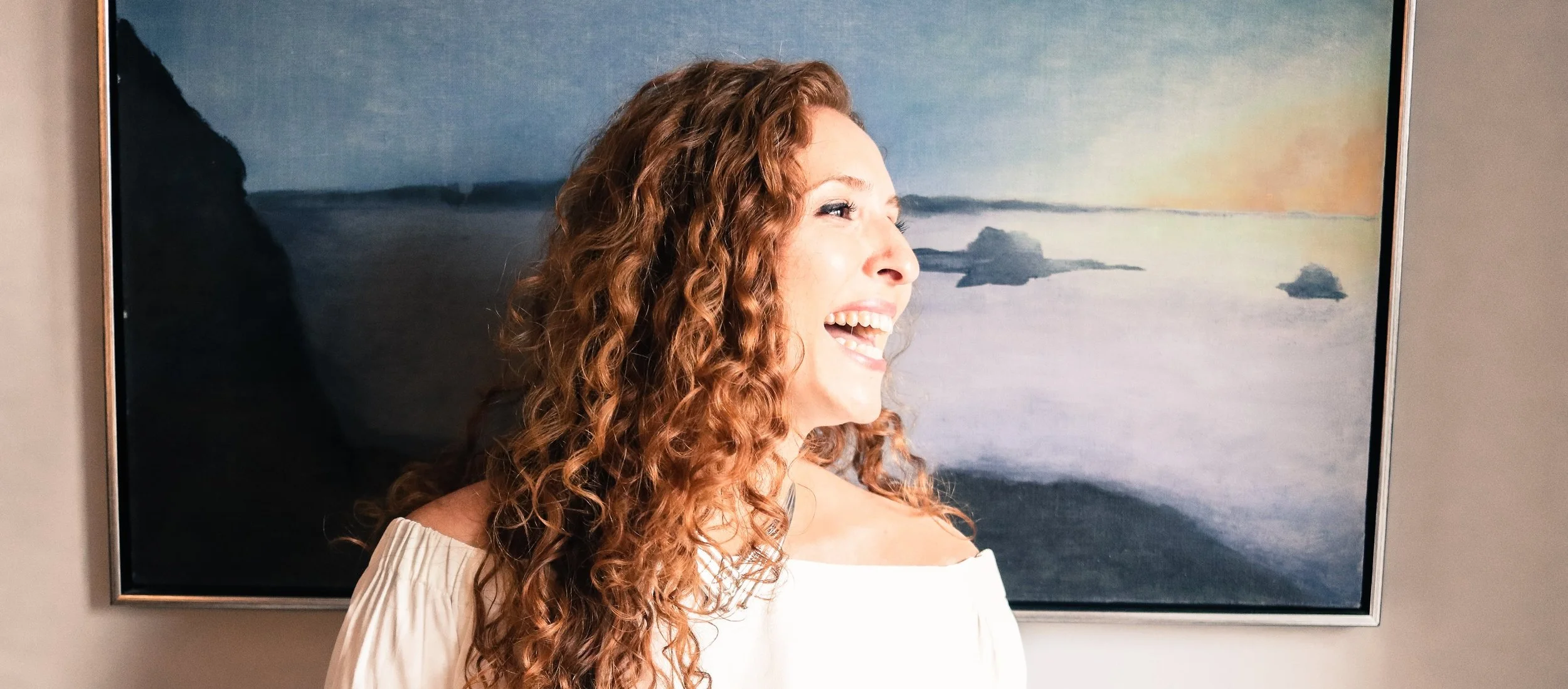The Psychology of Style in the Era of #Metoo
By Joanna Lovering
The #MeToo movement has shifted our culture. Survivors have been given a platform to speak the truth and tell their stories. Attackers have been outed. Sexual harassment policies have changed. In the past year-and-a-half, we’ve witnessed the incredible ripple effect of the movement.
Has #MeToo also affected us in more nuanced ways--like say, style? It’s not the first thing people think about when #MeToo comes to mind, but in reality, the movement has had a massive impact on the fashion industry. And perhaps even more importantly, it has changed the way we dress.
Michael Kors said in a 2018 Vogue article, “I’m now convinced more than ever that my job is to make women feel more confident and stronger for all occasions.” Kors’ Spring/Summer 2019 collection reflects that intention, featuring a combination of his signature bold patterns, fun ruffles, and tailored suiting...sometimes all in one look. Most importantly, the models for his show were people of all shapes, sizes, and ethnicities--what a beautifully positive thing!
Here are a few of the other standout fashion trends that have emerged in the wake of #MeToo:
Animal print: While animals' prints are meant to help them blend in with their surroundings, when we add them to our fashion, it implies something else. Wearing an animal print allows women to stand out, and is a signal to “watch out!” This trend speaks volumes about confidence and also entices people to stare ... from afar.
Tweed & check prints: Women are showing off their power by wearing these traditionally male prints in a no-frills way. This trend defies the notion of traditional femininity and shows us who is really in charge.
Utility-worker style: The quintessential function-meets-fashion trend that rejects the idea that some work is only for men. Women are no longer afraid to to get our hands--and clothes--dirty.
Modest silhouettes: Designers have been showing silhouettes are that pretty covered-up, with low hemlines and high necklines. There are also many hoods. While we certainly aren't turning into citizens of Gilead, this trend says that our skin doesn’t need to be out in order to be fashionable and feminine.
While trends are interesting, we also know that they’re dictated by trendsetters and executives within the fashion industry. So what about us? What about our personal style? Has the #MeToo movement gone that deep? Has it changed what we wear, and how we decide to wear it?
I believe the answer is yes.
The #MeToo movement is not just about speaking out against sexual harassers and abusers. That’s how it started, yes, but at its core, it urges all of us to be authentic and true to ourselves. Whether we’ve publicly said #MeToo, or just wrestled with the idea in private, the movement has changed how we show up in the world.
And that means our style has shifted, too. Keep in mind that personal style is different than fashion: style is a way of life, an identity marker, a presentation of truth about ourselves. It might not necessarily bend to trends that designers are showcasing, but it does bend to how we see ourselves.
And when we feel authentic and know our own self-worth, our style reflects it. Our style might mean you embrace your je ne sais quoi by wearing bright colors or patterns, even though you work in a conservative environment. I’ll never forget the day I wore a bright coral blazer to the office, turned some heads, and yet felt more “me” than I had in my New York City blacks and greys.
Or it could mean you accept your body as it is today, instead of 25 pounds ago, and you experiment with silhouettes that you had previously deemed “off limits” for this version of yourself. You tuck that shirt in, show your bare arms, or wear a more body-conscious dress.
You might even change your hairstyle or color, getting away from the “signature” look that you--and everyone else around you--is comfortable with. It’s fun to see what happens when you embrace a style or color that is more true to your identity in that moment.
Ultimately, when we love ourselves in the most unabashedly, brazenly, blatantly, publicly, full way possible, it’s reflected in how we choose to dress every day. Our style is just reinforcing what we feel on the inside: confident, truly authentic, and free to be ourselves.
And our man Michael Kors agrees: “I think women need to be able to express themselves in whatever manner they feel appropriate for their lives and their personal style. There should be no one way to dress in today’s world.”
Finding our authenticity--and our authentic style--is a lifelong project. But because of #MeToo, we’ve taken a big step closer.
Joanna Lovering is the founder and CEO of Copper + Rise, a New York City-based style coaching service dedicated to personal and professional empowerment through wardrobe.

